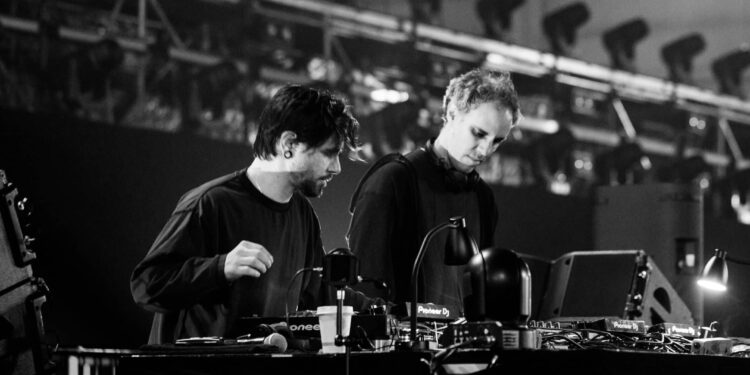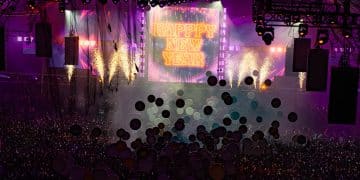Winter Music Conference returned for its 35th anniversary, and the panels throughout the week were filled with plenty of knowledge.
Before there was Miami Music Week, there was Winter Music Conference (WMC). This gathering of industry professionals, artists, and more was the place to be for many who were looking to make their splash in the dance music scene over the past three decades. Recent years have seen more of a focus on the parties happening throughout Miami, but this year marked a special occasion for WMC as it celebrated 35 years, and we were there to check it out.
The first two days of Winter Music Conference featured a bevy of panels across two rooms, along with plenty of networking mixers to attend. Some of the standout discussions were focused on A&R best practices, forging your path as an independent artist, building genuine connections with fans, staying healthy while on the road, and social media strategy for maximum success in the digital realm.
Although we couldn’t attend every panel, the ones we did catch were filled to the brim with knowledge, and we’ve compiled some of the most significant topics of discussion to pass along to you. Read on for five of the biggest takeaways from this year’s edition of Winter Music Conference.
Five Big Takeaways From Winter Music Conference 2025
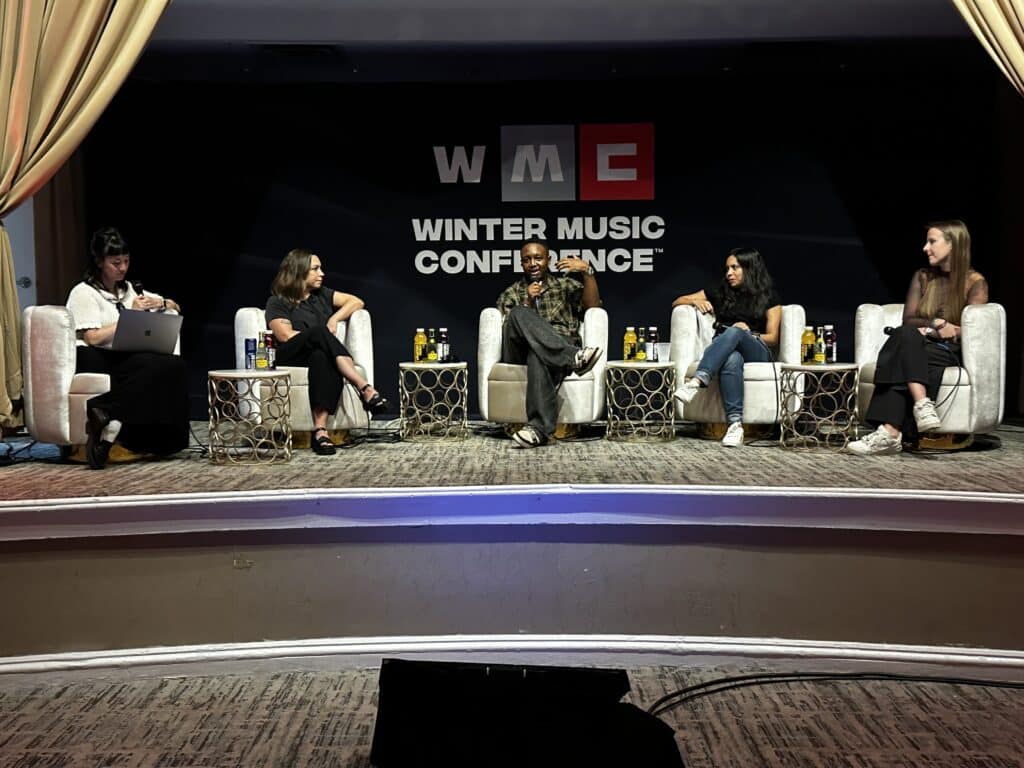
Don’t think. Just push out content consistently.
Content creation was one of the most discussed topics at every panel that I attended, and consistency was continually preached to those in attendance. Many industry members speaking on panels mentioned the need to post as often as possible, if not every day. This content doesn’t need to be strictly promoting the music you’ve released, it could also be anything from clips you take during production sessions to moments from your life on the road or at home.
While that might seem unfeasible to some, plenty of avenues were showcased to explore. For instance, you can post Instagram Stories or TikToks, which are perfect for videos that might feel a bit off-brand or “feed-worthy.” Facebook Groups, X (Twitter), Threads, and Bluesky were also mentioned as places to keep your fans engaged with your content.
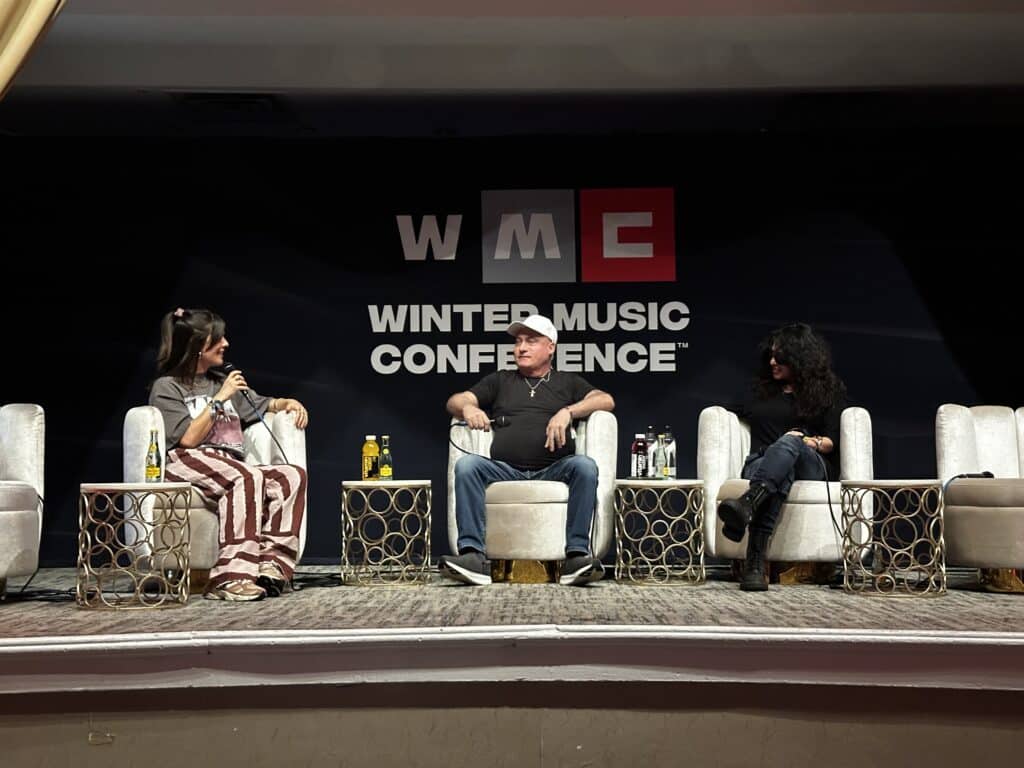
Engaging with your fans will create a larger impact than streaming numbers.
Posting content consistently is just one key to engaging with fans because there’s more to the puzzle. Multiple managers, A&R, and artists at panels stressed how important it is to cultivate a community that supports your art. This is because talent buyers for promoters aren’t just looking at streaming numbers and follower counts anymore when booking talent for their shows; they’re also looking to see how an artist can pull a crowd in other ways and impact that market.
Discord and Facebook Groups are a great way to cultivate that community on a deeper level. That said, there are other means to connect with fans, like creating a Broadcast Channel on Instagram where you can post polls and updates. SMS services like Laylo were mentioned often, allowing you to see where most of your fans are located and hit their inbox directly. According to many speakers, the open rates of SMS blasts far exceed newsletters or posts, and you can directly market your shows and releases to make them feel more intimate.
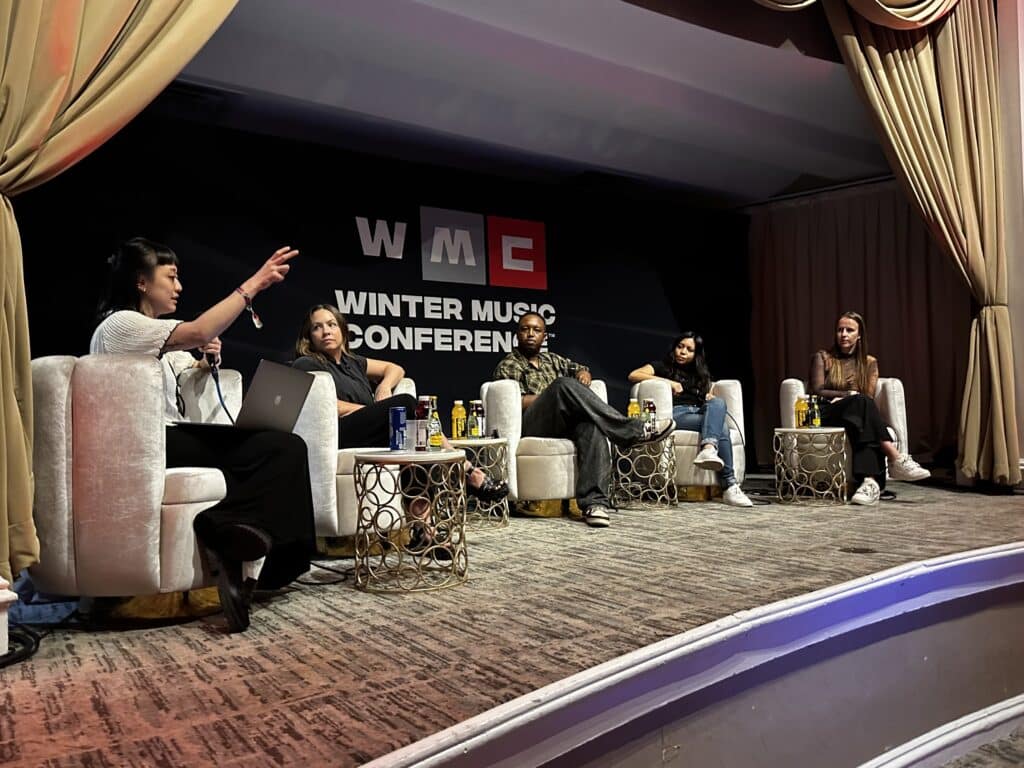
Sometimes, record labels matter, but they also often don’t in the current era.
Record labels ruled much of the scene for decades, but in 2025, they aren’t exactly what they used to be. These imprints still hold plenty of prestige, can help your track reach new listeners worldwide, and could pave the way for you to receive bookings at curated events. What a label might be able to offer you to advance your career is a vital aspect to think about when signing.
That doesn’t mean that record labels are necessary for success, though. If you spend time networking, find an already connected manager who advocates for you and your music, or develop a community that craves your releases, you don’t need a label to back you.
If you do plan to go the route of signing to a major label, don’t get disheartened if you receive a no. Keep your head up, look for ladder labels that might feed into the bigger one, and build yourself back up.
Night Bass’ Nina Travers shared one of my favorite tips when pitching your brand and music. You only have one shot to take up someone’s time, so send out tracks with intention and make them a solid snapshot or elevator pitch of who you are as an artist. Don’t just send them everything you’ve produced under the sun.
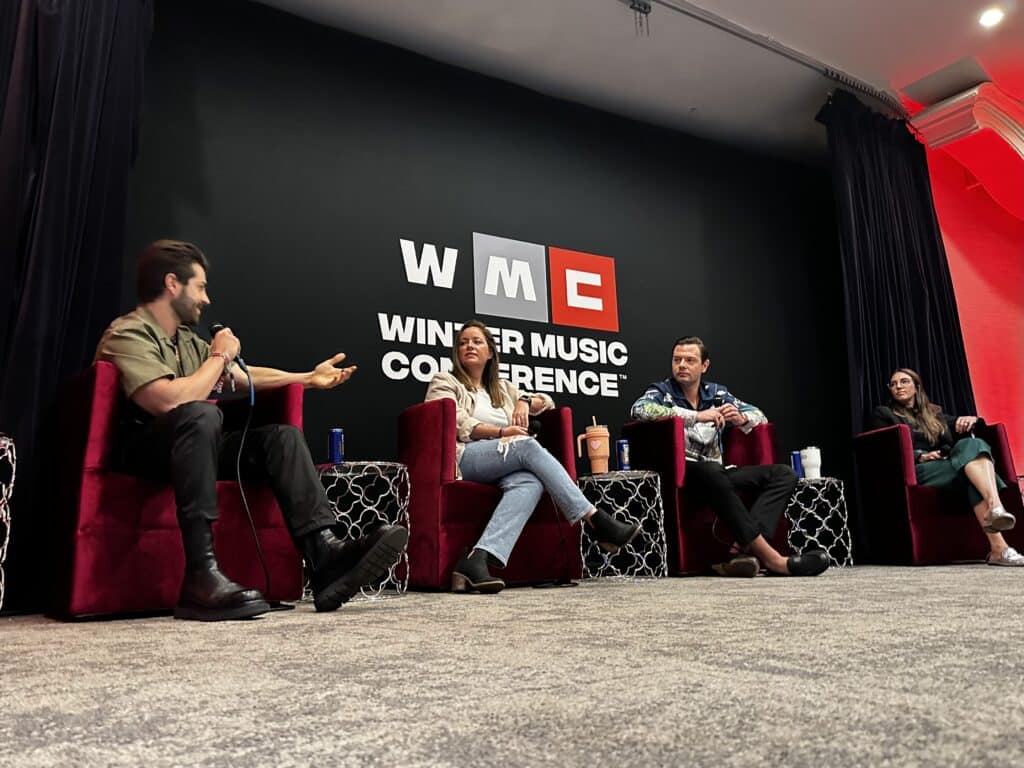
Make yourself stand out to reap the rewards.
Hundreds of thousands of tunes are released every week, and it’s easier than ever to produce music, so making yourself stand out among the crowd is essential to your success as an artist. A&R listens to hundreds of tracks daily, so they are typically in tune with what’s trending and what’s not a good fit for the imprint. With that in mind, you want to make your sound unique so that it sticks out from the rest of the noise.
Copying trends, whether through the music you produce or the content you create for social media, can come off as inauthentic. Instead, write down who you are as an artist, what your sound is, how you define yourself, and follow that path. Don’t look left and right to what others are doing, look ahead toward your future.
Your artistic vision is yours; you shouldn’t let others sway that. Advice given to you by A&R, managers, or others in the scene might be great, but you need to consider where that advice comes from and its intention.
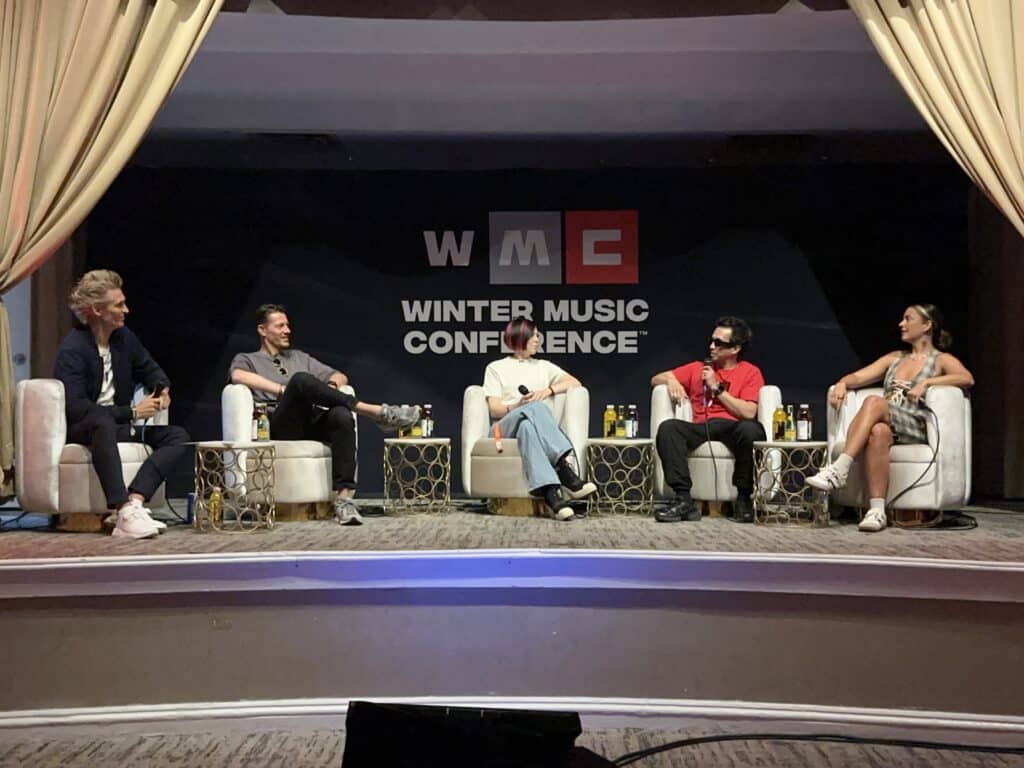
AI is a blessing, but it’s also a curse.
Like the rest of the world right now, AI was a hot topic at the Winter Music Conference. The overall sentiment was akin to what’s been echoed in many creative spaces lately—it’s a blessing for some tasks but isn’t meant to be fully relied upon.
AI is useful for tasks like labeling sounds, cleaning up audio, and brainstorming content ideas. One massive benefit to AI is caption creation for videos, which is extremely useful for platforms like TikTok, where many users watch videos without the sound on. That’s just the tip of the iceberg on ways to use it effectively, though.
The caution came in that AI is now creating full songs, visuals, graphics, and even captions for social media posts. Most speakers said they could easily see this, and even if it isn’t flagged as AI-generated on social media, your fans will see through it, too. Don’t fall into the trap of letting AI control your identity as an artist.



